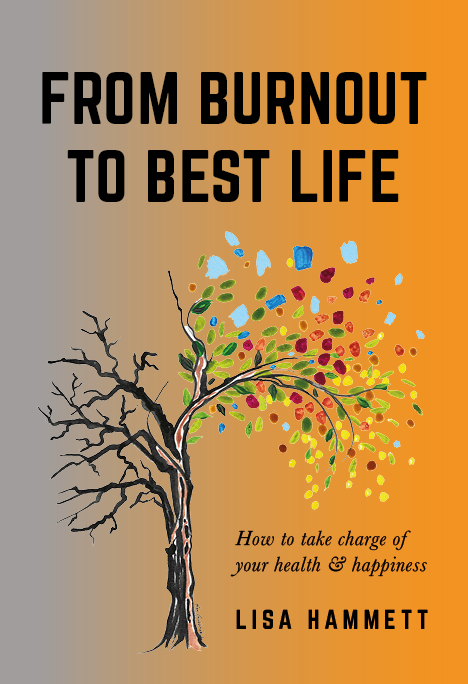Many things in life can make us feel vulnerable. Whether it’s a new job, a new relationship, or even just a new day, we all have moments where we feel like we’re not quite sure what’s going to happen. But vulnerability doesn’t have to be a bad thing. It can be a chance to grow and learn new things about ourselves.

What does vulnerability mean?
Vulnerability is often considered a weakness but can also be a strength. Vulnerability in McKinney, TX is the quality of being open to attack or damage; it can also refer to the willingness to let someone in emotionally. Being vulnerable can be scary but can lead to great intimacy and connection.
Here are seven ways to feel less vulnerable:
1. Recognize Your Emotions
There are many different ways that people can feel less vulnerable. One way is to try and recognize your emotions. This cannot be easy, but it is essential to understand how you feel. If you recognize your emotions, you can then start to understand why you might feel vulnerable.
2. Talk to Someone You Trust
This could be a friend, family member, therapist, or anyone else that the person feels comfortable talking to. Talking to someone about what is making them feel vulnerable can help to lessen the feeling, as it can help to put things into perspective and make them feel less alone.
3. Be Honest with Yourself
When you’re feeling vulnerable, being honest with yourself is essential. This means being honest about your feelings, thoughts, and experiences. Honesty is a crucial part of self-care and can help you feel less vulnerable. Being honest with yourself means being aware of your feelings and acknowledging them. It means being honest about your thoughts, whether harmful or painful. And it means being honest about your experiences, even if they’re difficult to talk about. Honesty is a form of self-care because it allows you to process your feelings, thoughts, and experiences healthily.
4. Accept Your Flaws
We all have flaws and weaknesses, and accepting them is an important step in feeling less vulnerable. By accepting our flaws, we are acknowledging that we are not perfect and that we have room for improvement. This can be a difficult thing to do, but it is an important step in feeling less vulnerable.
5. Put Yourself in Others’ Shoes
One is to put yourself in others’ shoes. Think about how they might feel in the same situation. This can help you to understand their actions and see things from their perspective.
6. Learn From Your Mistakes
If you make a mistake, take the time to learn from it. Please don’t beat yourself up about it. Just learn from it and move on. Everyone makes mistakes. The key is to learn from your mistakes to avoid making them in the future.
7. Get to know yourself
When you know your strengths and weaknesses, you can more easily identify when you are feeling vulnerable and take steps to protect yourself.

Conclusion
There is no single answer to feeling less vulnerable. We all have different triggers and sensitivities that can lead to feeling overwhelmed or exposed. However, there are some general things you can do to help yourself feel more secure and in control. Try out a few of these ideas and see what works for you. Remember, it’s okay to ask for help if you’re feeling stuck.






